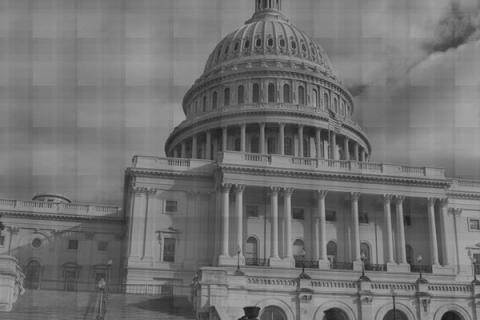The 1969 oil spill off of Santa Barbara that killed nearly 4,000 birds and ruined some of the state’s finest beaches is about to take one more victim: the offshore drilling proposal by the Plains Exploration and Production Company (also known as PXP).
Logic will not kill the drilling plan. State politics probably won’t cause its demise. And since there’s money in it for all parties, finances won’t sound the death knell. Instead, it’s the visceral memory of the worst oil spill in America’s history (to that time), and the gruesome death of birds, seals and ocean plant life that will put the final nail in the plan’s coffin. PXP wants to snake a drill from its existing off-shore platform sitting in Federal waters into the Tranquillon Ridge Oil Field just off the coast of Santa Barbara County, and suck out as much as 90 million barrels of badly needed crude oil – American oil that doesn’t have to be purchased from Middle East potentates or South American dictators. In return for drilling rights, the cash-strapped state is expected to receive hundreds of millions of dollars in new revenue.
The governor wants the plan to go forward. The Legislative Analyst’s Office (LAO) has endorsed it. And the State Lands Commission is a hair’s-breadth away from the approval that should move the project forward. But it’s not likely to happen.
Consider the power generated by the 1969 event. It literally started Earth Day and the modern environmental movement. It sparked the creation of the Environmental Protection Administration (during the Nixon administration), spawned ground breaking legislation to protect the environment, and put a halt to offshore oil drilling in California for more than 40 years.
The three million gallon spill was the first ecological disaster to receive national television publicity, with its images of dead seals, tarred beaches, and overwhelmed volunteers trying to put it all right again. The event opened cracks in the image of the oil industry and eroded the public’s faith in California regulators who had waived some safety requirements for the platform that had led directly to the “blowout” and resulting disaster.
According to Arent Schuyler, lecturer emeritus in environmental studies at UC Santa Barbara, “People could see very vividly that their communities could bear the brunt of industrial accidents. They began forming environmental groups to protect their communities and started fighting for legislation to protect the environment.”
The LAO report notes that improvements in technology and a greater focus on safety in the industry make it far less likely (but not impossible) for a spill to occur. Additionally, a spill from the proposed well would be much smaller than the 1969 disaster.
But the state assembly soundly rejected Republican Chuck DeVore’s bill supporting the plan last July, and the State Land Commission (SLC) has rejected it twice, albeit by only one vote on the latest review. That single vote margin could be in the balance as Governor Schwartzenegger seeks confirmation of a new Lt. Governor to replace John Garamendi who cast a no vote as a statutory member of the SLC. The issue probably played a role in the Senate’s failure to confirm State Senator Abel Maldonado (R-Salinas) as the new Lite Guv. Even though Maldonado had voted against the bill supporting the PXP deal, Democrats feared that a deal had been brokered for him to treat it differently as a member of the SLC. Maldonado denies that he has changed his stance.
Maldonado’s stated opposition to the PXP proposal reflects the position of most community leaders in Santa Barbara. They simply don’t have the stomach for any drilling that might lead to a spill – no matter how small the odds. Their memories of the 1969 disaster remain clear, and they don’t intend to let it happen again. If the SLC tries to advance the PXP proposal, it’s likely that Santa Barbarans will push back, and push back hard. That locally-driven headwind against the plan will prove tough to overcome.
